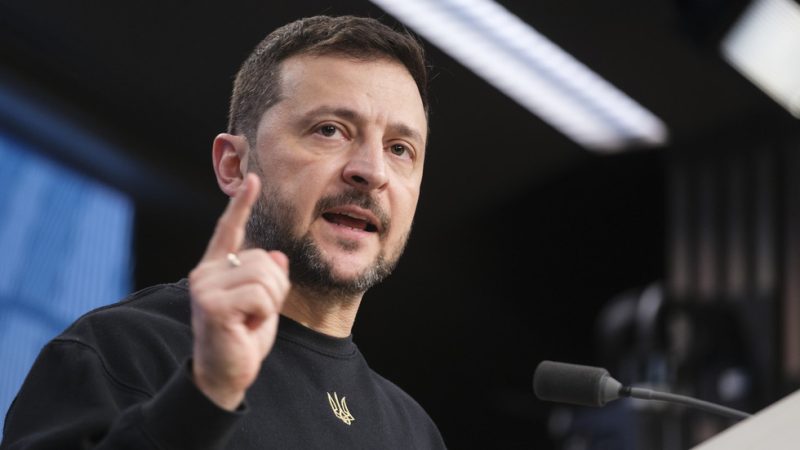
Ukrainian President Volodymyr Zelensky recently issued a stark warning, claiming that Russian narratives are gaining significant traction within the United States. This assertion comes amidst a complex geopolitical landscape, where the war in Ukraine continues to dominate headlines and fuel intense debate. Zelensky’s concern highlights the effectiveness of Russian disinformation campaigns and their potential to influence American public opinion and policy decisions.
The spread of pro-Russian narratives raises serious questions about the integrity of information and the susceptibility of the American public to manipulative tactics. It’s a challenge that demands critical analysis and a renewed focus on media literacy. The potential consequences of allowing these narratives to go unchecked are far-reaching, impacting not only the ongoing conflict in Ukraine but also the broader US-Russia relationship and global stability.
One prominent example cited by analysts is former President Donald Trump’s repeated accusations against Zelensky, suggesting that the Ukrainian leader is intentionally prolonging peace negotiations. Such statements, regardless of their factual basis, contribute to a climate where Russian perspectives gain credibility, potentially undermining support for Ukraine within the US. This underscores the importance of verifying information and understanding the motivations behind such accusations.
The challenge of combating disinformation is multifaceted. It requires a collaborative effort from fact-checking organizations, media outlets, and social media platforms to identify and debunk false narratives effectively. Furthermore, fostering critical thinking skills within the public is crucial to building resilience against manipulative propaganda. Only through a concerted effort to promote accurate information and media literacy can we hope to counter the influence of Russian narratives and ensure informed public discourse.
Zelensky’s warning serves as a wake-up call. It’s not simply about a conflict overseas; it’s about the battle for truth and the integrity of democratic processes. The extent to which Russian narratives gain ground in the US will significantly impact the future trajectory of the conflict in Ukraine and the broader geopolitical landscape. We must remain vigilant and committed to upholding the principles of truth and transparency.










